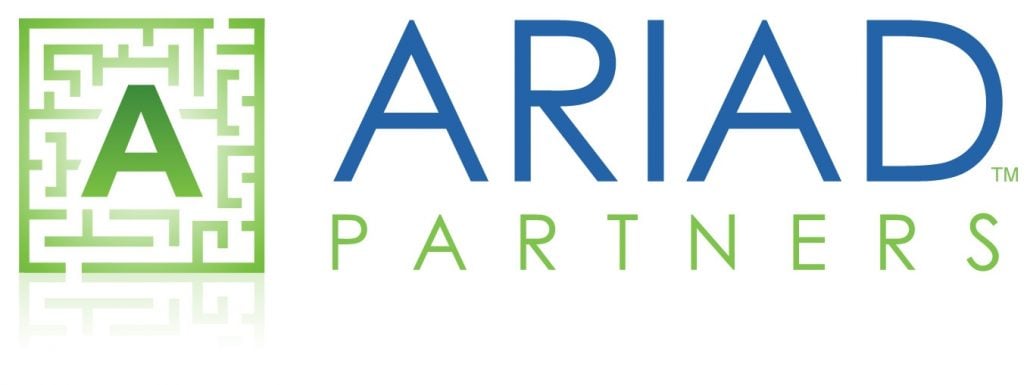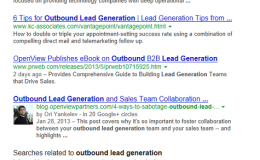How You Can Cheat with Conversion Optimization
Conversion optimization bridges the gap between art and science and even for the most experienced marketers; it can feel like groping around in the dark. Every step prior to the optimization, SEO, landing page design, audience targeting and all the rest have to be tuned just right. What is the best legitimate shortcut that you can take when trying to outperform your competitors?
How do you outshine your competitors? By studying your competitors and what they’re doing well. Some would say this is cheating, but it’s really not. First, there are no real secrets in conversion optimization. Once the changes are made, they’re visible by either going to the site or figuring out from their site code which keywords are targeted.
Being aware of what your competitors are doing is good business sense, and it also cuts down the time it takes to get your optimization in the right direction. Let’s take a look at how this is done.
The Tools
There are special tools that will let you see and analyze the keywords, ads, and landing pages of your competitors for certain metrics. You can find one here. It has free and paid versions so you can see which one you prefer. If you’re juggling a lot of clients and doing a lot of optimization, you’ll find that the features and the payment plans of the paid versions of these programs are right up your alley.
What to Look For
Take your site of choice and put in the URL of one of your competitors. If you’ve never looked at these tools, be prepared to be a little overwhelmed at how much your SEO and PPC efforts get tracked! Go down to the lists of paid and organic keywords. Which ones do you share with your competitor? Which ones are you missing? How are they performing compared to you? Just this section alone could reveal a set of keywords that you might not have considered.
Next, find the ad history section. This section will tell you which ads your competitor is serving, when they changed them, and how they have changed over time. You can also track their performance to see how well they did. It’s actually pretty amazing how much you can find when you start digging.
What to Do with It
But what do you do with this information? The nutshell answer is to copy what works and discard what doesn’t, but it’s not quite that simple. This is where your marketing savvy comes in. First, you’ll need to run your own site through these tools as well. You could be performing better than your competitor on a keyword or ad and not know it. Once you find the areas where you are weak, it’s important to figure out the reason why their changes work better than your own. Is there a certain phrasing or keyword selection that’s drawing attention? If your tool has landing page analysis, are there changes there that land more conversions that you could be missing? Always try to understand why a change was made and make a hypothesis about why it worked. That will help you become a better marketer overall.
If you can understand these principles, you can put your own spin on them and see if you can outperform your competitor. Copying a few things outright isn’t necessarily bad. After all, they’ve put in the work and it seems to bring in conversions. But you want to make sure your own USP, branding, and voice shine through as well.
Performance may not just be about the design. Your competitor might be winning the fight because they offer something that you cannot. They might have a better guarantee, better shipping rates, or a more flexible return policy. These factors have to be taken into account as well.
Using tools like these could be considered cheating, but the information is out there and open. Everything we do online leaves a mark that can be analyzed, and there’s no way of knowing (yet) whether your own pages and ad campaigns have been analyzed. The tools are open for all.
Conversion optimization tools are just another example of how Big Data can be leveraged for business insights. It’s also better for consumers in the long run by improving the quality of advertising online. We think this is one form of cheating that’s time well-spent.
Author

Chris Hickman is the Founder and CEO at Adficient with 14 years of experience in search marketing and conversion optimization. In 2006 he founded GetBackonGoogle.com to help businesses and websites suspended in Adwords to get back on Google.






